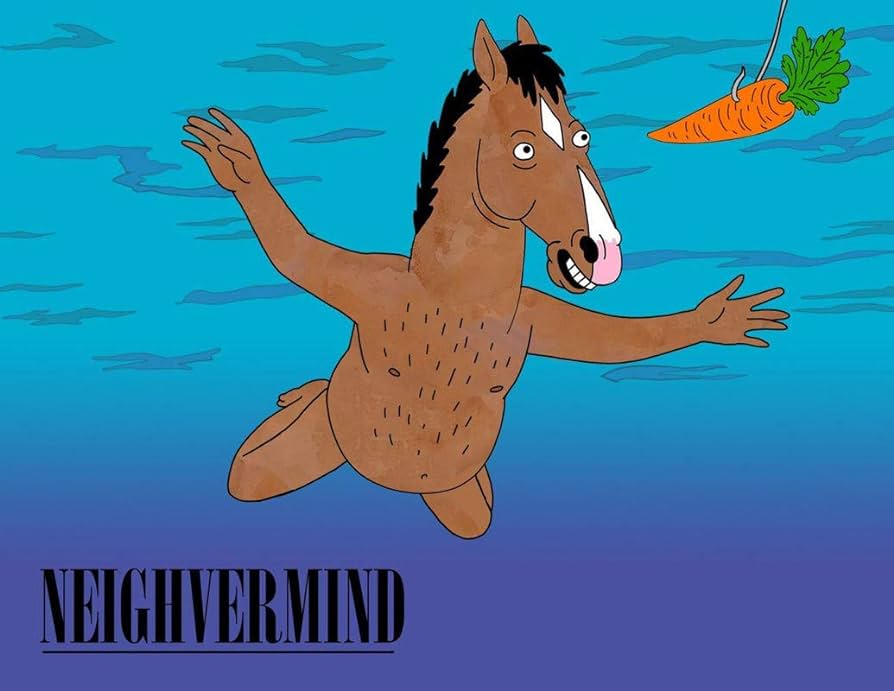- Take time off from social media once in a while, or at least avoid doomscrolling all day. Bad stories generate FAR more engagement than good stories, and every form of media knows this. If 100,000 people in your area have an average-to-good day and 5 people have terrible days, all 5 stories presented to you will detail how things are in your area are terrible.
- Physical health affects mental health and vice versa. Eat healthy (or healthier). Stay hydrated. Get 7-9 hours of sleep regularly and use sleep hygeine. Get 90+ minutes of exercise (anything that raises your heartrate) a week which is like 15 minutes/day. Don’t worry about doing it all immediately - if you try to change everything at once you’re more likely to get overwhelmed and burn out. It’s way better to make slow, sustainable changes over months than it is to do a difficult crash course for a short time and get fed up with the process.
- Do thankfulness exercises. When I go to bed at night I think of 3 things I’m thankful for in the day. On average or bad days it may be that I wasn’t in constant/chronic pain, that I got to eat and drink, and that I’m in a safe place and a soft bed. Just remembering those basics (that many of us take for granted) helps keep me aware of good things in my life.
- Find ways to enjoy hobbies that require participation - arts, sports, board/video games, whatever. Just something other than passively taking in TV/online media. This will help you feel engaged and double points if it’s something that allows for improvement because you’ll feel rewarded as you get better.








I was writing something like “I understand but here’s why it has to be this way”, but then I read comments about not wanting to take the high road and how being nice gets you nowhere. So instead: when I was a young adult in the 2000’s, angrily telling someone to “go f themselves” face-to-face might get you punched in the mouth. Someone who started swearing at everyone whenever they were angry was labelled an asshole. It’s not like I spent those years in a weak, no-confrontation, “let’s hug instead” environment either - my friends and I just didn’t put up with regular disrespect. I’ll stop there because I don’t want to glorify violence - there are better ways to deal with insults and we didn’t fight often. Most of the time jackasses just didn’t get invited anymore.
My point: online, anonymous communication removed a lot of social and physical consequences of confrontation, but that doesn’t make being nasty alright. You may say, “It’s just a f you”, but your comments make me think that being nasty is the intent. Not trying to shame you but if I’m right about hurting others being the goal then: yeah, admittedly that’s not rare anymore but you can do better.
Also you say being nice doesn’t get you anywhere. I’d ask: when was the last time you told someone to f themselves and they were like, “Oh, I never considered that. You’ve won me over.” Trading insults online leaves everyone angry and encourages inventive cruelty so the other person is hurt more. Anger is natural - we all feel it and I need to self-censor all the damn time. But there are better ways to deal with being angry, and even to reduce the amount of time you spend angry.